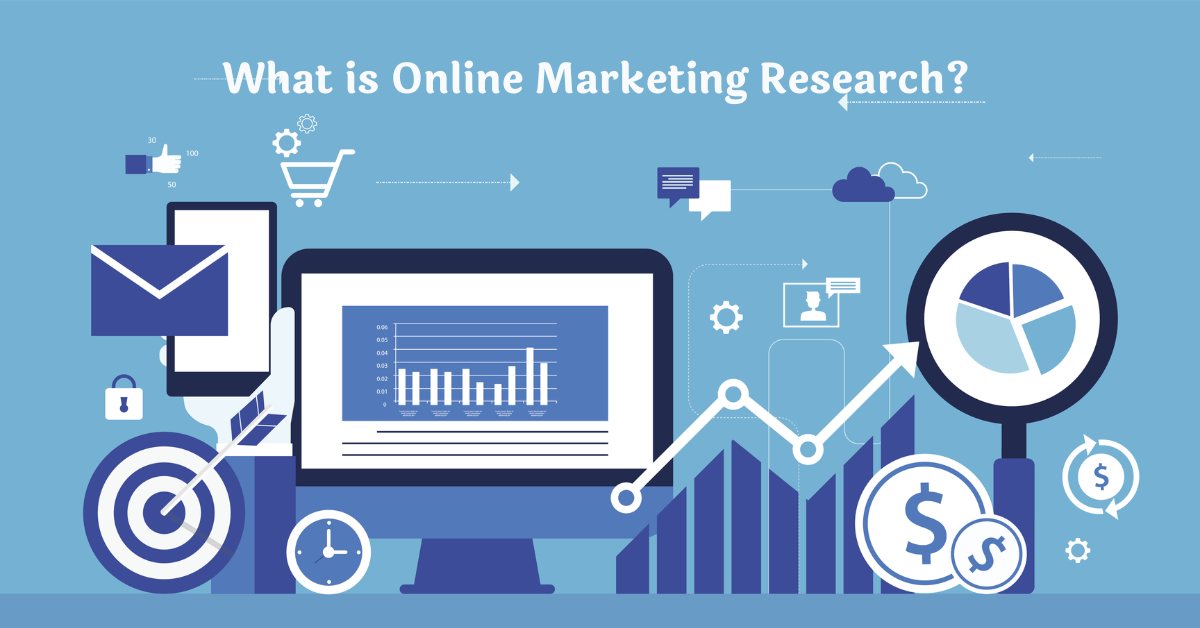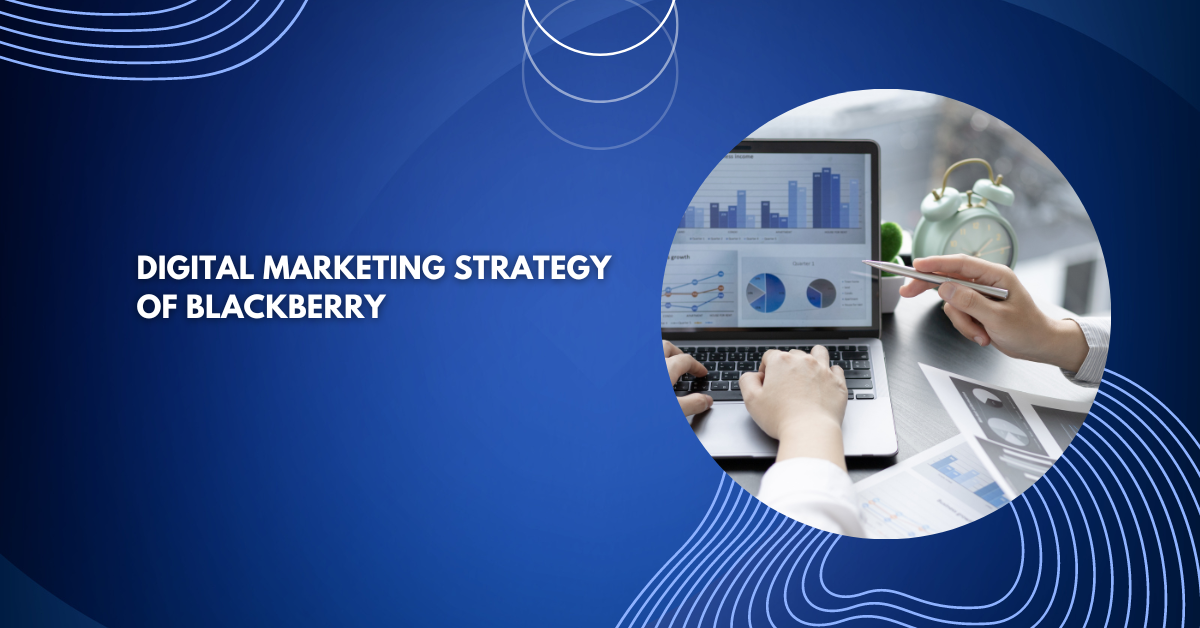In the ever-evolving landscape of e-commerce, standing out amidst fierce competition requires strategic marketing efforts tailored to your online store. With consumers increasingly turning to digital platforms for their shopping needs, mastering e-commerce marketing is paramount for sustained growth and success. Here are essential tips to propel your online store to new heights:
1. Build a Strong Brand Identity
Establishing a distinct brand identity sets the foundation for successful e-commerce marketing. Invest in creating a compelling brand story, logo, and visual elements that resonate with your target audience. Consistency across your website, social media channels, and marketing materials fosters brand recognition and trust, ultimately driving customer loyalty.
2. Optimize Your Website for Conversions
Your website serves as the digital storefront for your online store, making optimization for conversions a top priority. Ensure a seamless user experience by optimizing site speed, implementing intuitive navigation, and streamlining the checkout process. Incorporate persuasive call-to-action buttons, high-quality product images, and compelling product descriptions to entice visitors and facilitate conversions.
3. Leverage Search Engine Optimization (SEO)
Enhance your online visibility and attract organic traffic by implementing effective SEO strategies. Conduct keyword research to identify relevant search terms and optimize your website content, including product descriptions, blog posts, and meta tags. Focus on creating valuable, informative content that addresses customer needs and incorporates targeted keywords to improve search engine rankings and drive qualified traffic to your online store.
4. Harness the Power of Social Media Marketing
Social media platforms offer invaluable opportunities to connect with your target audience, build relationships, and drive sales. Develop a robust social media marketing strategy tailored to your target demographics and preferred platforms. Engage your audience with compelling visual content, user-generated content, and interactive posts. Leverage social media advertising to reach a wider audience and promote your products effectively.
5. Implement Email Marketing Campaigns
Email marketing remains a highly effective tool for nurturing customer relationships and driving repeat purchases. Build an email list of subscribers and segment them based on demographics, purchase history, and preferences. Craft personalized, engaging email campaigns that provide value, such as exclusive discounts, product recommendations, and educational content. Utilize automation to send targeted messages at the right time, maximizing engagement and conversion opportunities.
6. Embrace Influencer Partnerships
Collaborating with influencers in your niche can amplify your brand reach and credibility among their followers. Identify relevant influencers with engaged audiences that align with your brand values and target demographics. Establish authentic partnerships through sponsored content, product reviews, and ambassador programs. Leverage influencer-generated content to showcase your products and connect with new customers organically.
7. Prioritize Customer Experience and Retention
Delivering exceptional customer experiences is crucial for fostering loyalty and driving long-term growth. Focus on providing seamless shopping experiences, responsive customer support, and hassle-free returns and exchanges. Implement loyalty programs, personalized recommendations, and exclusive offers to incentivize repeat purchases and reward loyal customers. Solicit feedback and actively listen to customer concerns to continuously improve and optimize your e-commerce operations.
8. Analyze Data and Iterate Strategically
Regularly monitor key performance indicators (KPIs) and analyze data to gain insights into your e-commerce marketing efforts’ effectiveness. Utilize analytics tools to track website traffic, conversion rates, customer behavior, and campaign performance. Identify areas for improvement and iterate your marketing strategies based on data-driven insights. Continuously test different approaches, refine your tactics, and adapt to evolving consumer trends to stay ahead of the competition.
In conclusion, mastering e-commerce marketing is essential for driving growth and success in the competitive online landscape. By implementing these tips and strategies, you can elevate your online store’s visibility, attract more customers, and achieve sustainable growth in today’s digital marketplace. Stay agile, experiment with new tactics, and prioritize delivering exceptional customer experiences to unlock your e-commerce store’s full potential.




